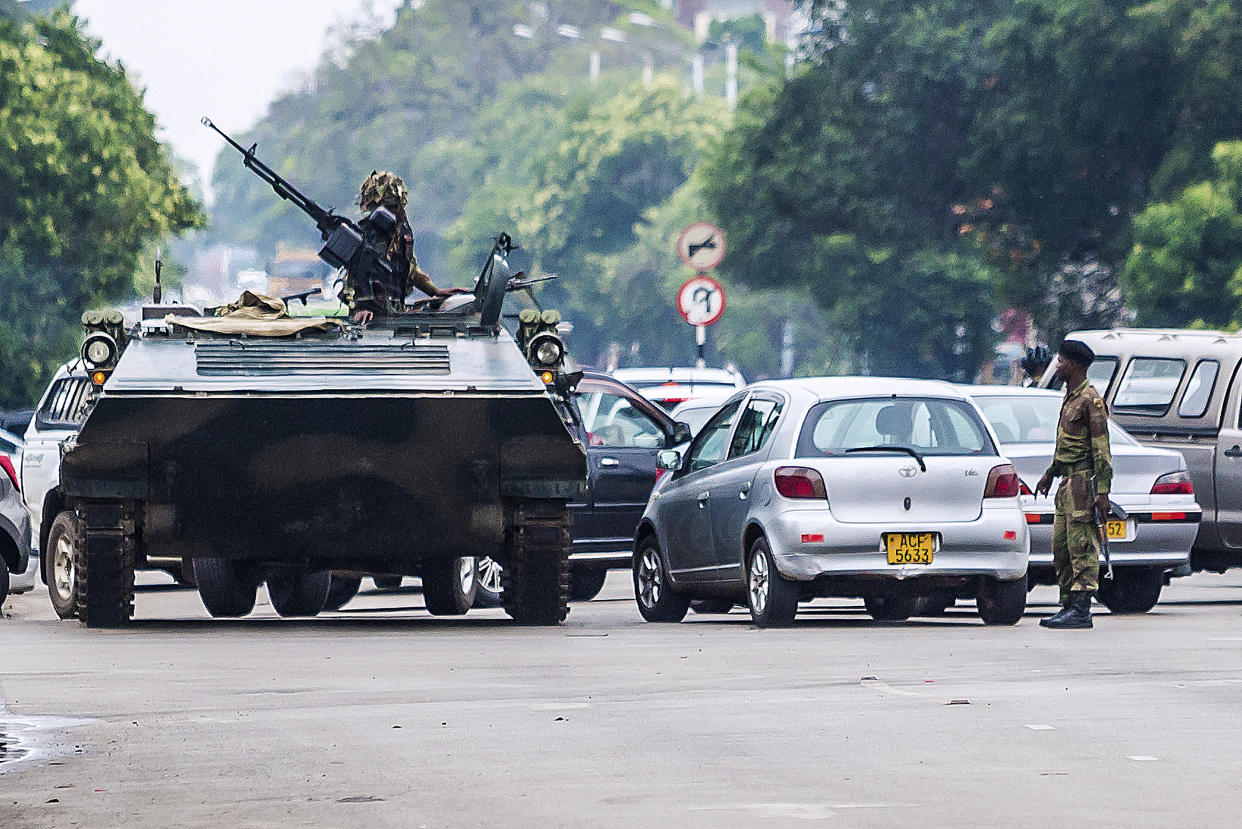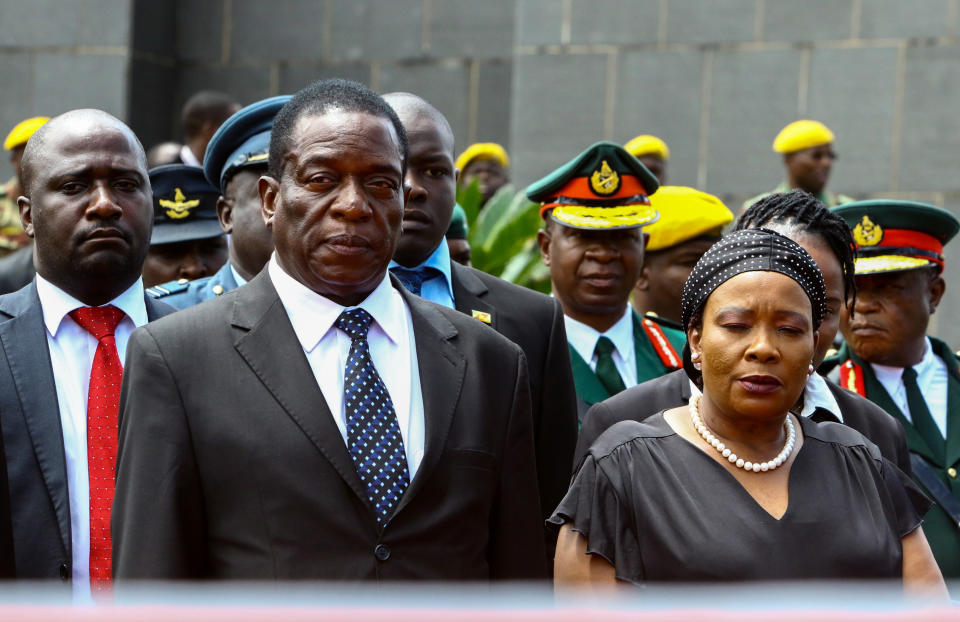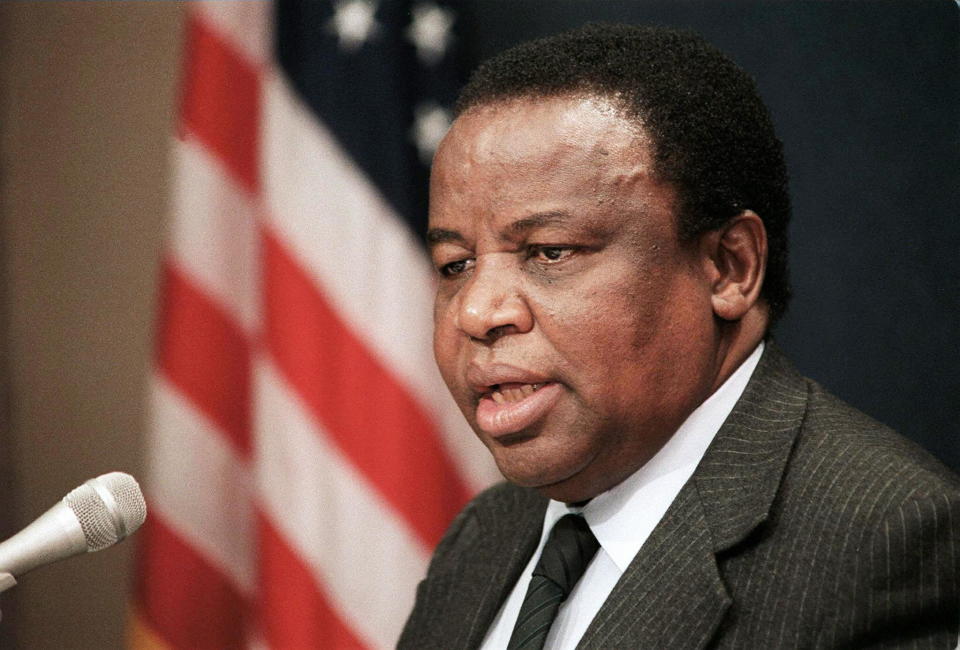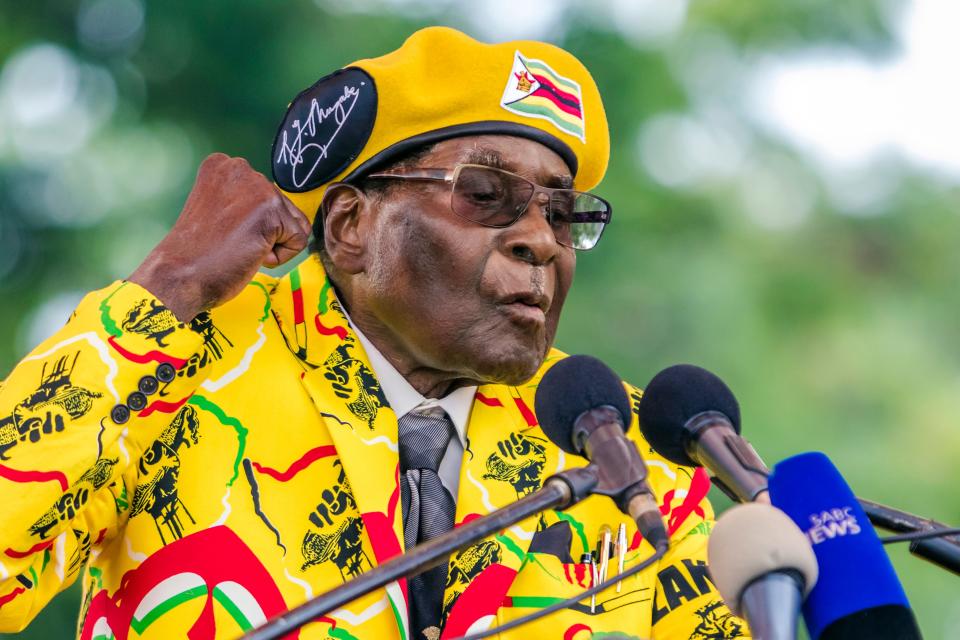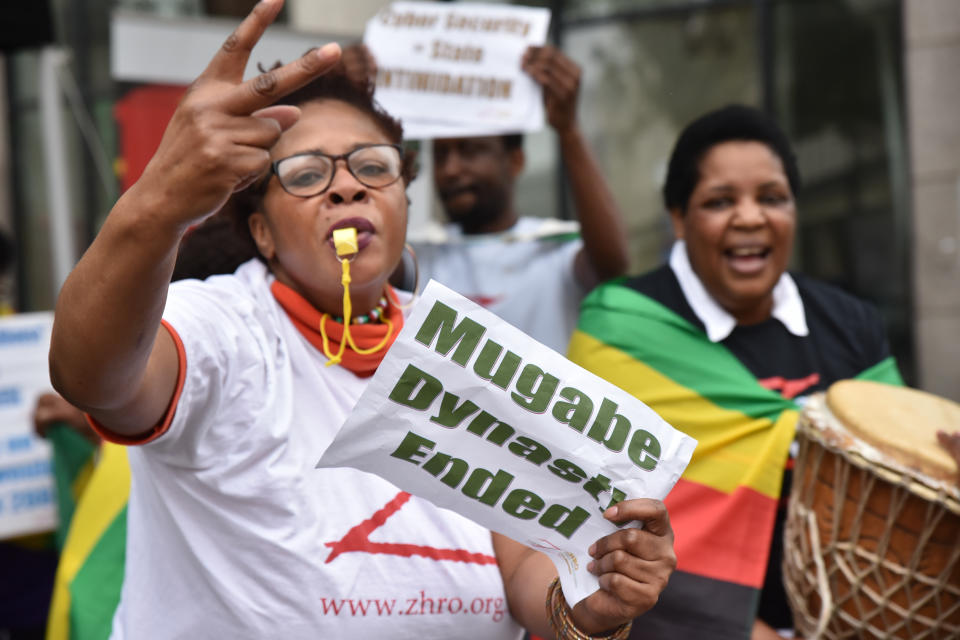4 things to know about Zimbabwe and the country’s current coup
On Wednesday morning, November 15th, Zimbabwe’s military seized control of the state broadcasting service and blocked off access to government buildings in the capital, Harare. Now, a day later, details are surfacing regarding what is happening in Zimbabwe as news outlets attempt to clarify if we’re actually witnessing a military coup.
Major General SB Moyo, the Zimbabwean military spokesperson, released a statement on television, Wednesday morning, explaining to citizens that their army was looking to “pacify a degenerating, social, and economic situation” in Zimbabwe.
Moyo denied that the military was carrying out a coup, and confirmed that President Robert Mugabe and his family are safe and under house arrest. The Major General stated during his television appearance,
“We are only targeting criminals around [President Mugabe] who are committing crimes that are causing social and economic suffering in the country, in order to bring them to justice.”
He asked that the citizens continue on with their lives and assured that everything would return back to normal as soon as the military carried out their goal. Moyo also asked that violence be kept out of the equation, calling on Zimbabwean youth to consider their values before turning to violence or giving in to government corruption.
So why exactly is this coup-like event happening in Zimbabwe? Let’s take a look at the facts:
1. President Mugabe fired Vice President Emmerson Mnangagwa.
Former Vice President Emmerson Mnangagwa fled the country last week, after being dismissed by President Mugabe on November 8th. Mnangagwa has supposedly been in a “bitter succession battle,” the Financial Times claims, with the president’s wife, Lady Grace Mugabe, regarding who will take power when Mugabe retires.
Mnangagwa has close ties to army commander General Constantino Chiwenga, who is at the head of the current military takeover. According to Al Jazeera, Chiwenga questioned and challenged Mugabe’s sacking of Mnangagwa and has since been accused of “treasonable conduct” by Mugabe’s ruling Zimbabwe African National Union – Patriotic Front (Zanu-PF) party.
2. This coup is seemingly history repeating itself.
Al Jazeera reporter Haru Mutasa noted that a similar coup-like event has happened in Zimbabwe’s recent history. During the Liberation war, which lasted from 1964 to 1979, the Zanu-PF was founded and led by Ndabaningi Sithole.
But during his term of leadership, the military grew tired of Sithole treating the Zanu party like his “own personal property” and forcibly removed him from office, similar to what they are doing to Mugabe today.
3. President Mugabe is currently talking to the military about his future.
President Mugabe has been at the helm of Zimbabwean government since the country gained independence in 1980 after white minority rule fell. But more recently, the argument over who would succeed the 93-year-old president — his wife or Vice President Mnangagwa — has divided the Zanu-PF party.
When Mugabe acted in favor of his wife’s succession to the vice presidency by dismissing Mnangagwa, the military decided to step in to seize control of the government, and therefore the country.
According to the The Zimbabwe Herald, photos show Mugabe sitting down with General Chiwenga and two South African envoys from the Southern African Development Community (Sadc) today, November 16th. Mugabe is reportedly refusing to stand down before next year’s elections.
4. Citizens are generally happy about the military takeover.
After holding control of Zimbabwe for 37 years, many citizens living under Mugabe’s regime blame him for the economic demise of and unrest within their country. Inflation, poverty, and unemployment have plagued urban areas of Zimbabwe since the early 2000s. One local businessman told Al Jazeera that the removal of Mugabe will be like “‘second Independence Day’ after that of April 18th, 1980.”
Because of the terrible conditions in Zimbabwe at the moment, young people are moving out at a fast rate. Staying and being part of the current 90% unemployment statistic is obviously an extremely undesirable position. Whoever ends up winning this clash — Mugabe, Lady Grace, or the returning Mnangagwa — has a large task at hand to fix the failed economy.
Things as of right now are at a standstill, and will be until Mugabe steps down or the military decides to take further action.
